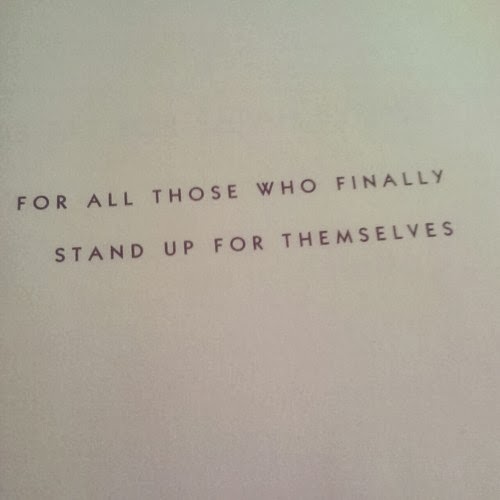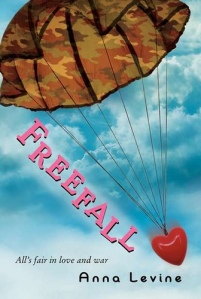I pulled my paperback copy of this book of my shelf on impulse one day, and I'm very glad I did. 'Staying Fat for Sarah Byrnes' is a compelling read, which examines a large birth of issues including bullying, obesity, disabilities, child abuse, abortion, and religion. This all sounds very 'disease-of-the-week,' but the 'problem novel' aspect of the novel is levied by genuine audacity and an unforgettable cast of characters.
Eric, called 'Moby' (as in the whale) for his considerable girth, is an obese seventeen-year-old boy living in a single-parent family. His oldest friend, Sarah Byrnes was horribly disfigured under suspicious circumstances when she was three. For seventeen years she has stood strong, but now she sits, wounded and silent, in a psychiatric ward.
Eric is running out of time. He has to save Sarah Byrnes from insanity... or something worse. Because someone wants to silence Eric. And in this situation, there isn't a wide berth for error. Subplots involve proselytization by Eric's Christian conservative classmate, a classroom discussion group dissecting relevant social issues, and a troubled and dimwitted boy from Eric's past.
It might be hard to warm up to the characters at first. Eric is a unrepentant smartass who constantly describes his obesity and profuse perspiration at length, while Sarah Byrnes sometimes seems rougher (and meaner) than she needs to be. Likewise Steve Ellerby, Eric's other friend, seems to be someone who would pick any fight with a Christian. But slowly your views change- Eric is a devoted friend, Sarah is incredibly brave, and Ellerby is a thinker who refuses to accept someone else's reality that doesn't make sense to him as his own. Even crazy-religious and hypocritical Mark Brittain shows a human side.
This in't the best written book ever- it contains a lot of cliched language. But the plot and the characters are engrossing. The story is exciting while also being interesting and not insulting the reader's intelligence. "Staying Fat For Sarah Byrnes" was actually banned/challenged at several points by the school systems, and a Wisconsin parents actually called it 'pornography' at one point, which is pure ridiculousness. It is actually a pretty mature book, but nothing that older teens can't handle in my opinion.
This is a lot darker than the last YA book I read (the Trans-friendly "Parrotfish,") but then this arguably goes deeper into teen issues (not just GLBTQ issues.) I can't say I liked this one better, but then, they do different things well. For compelling characters and a steady mix of drama and action, look no further than "...Sarah Byrnes." I think you could get a tech-head or jock boy who is committed to sports or glued to his video game system to read this book because it is so involving. I think it should be on every high school library shelf .
 |
| The book's intriguing dedication. |












![[UNSET]](http://laughingstars66.files.wordpress.com/2009/11/unset.jpg)







